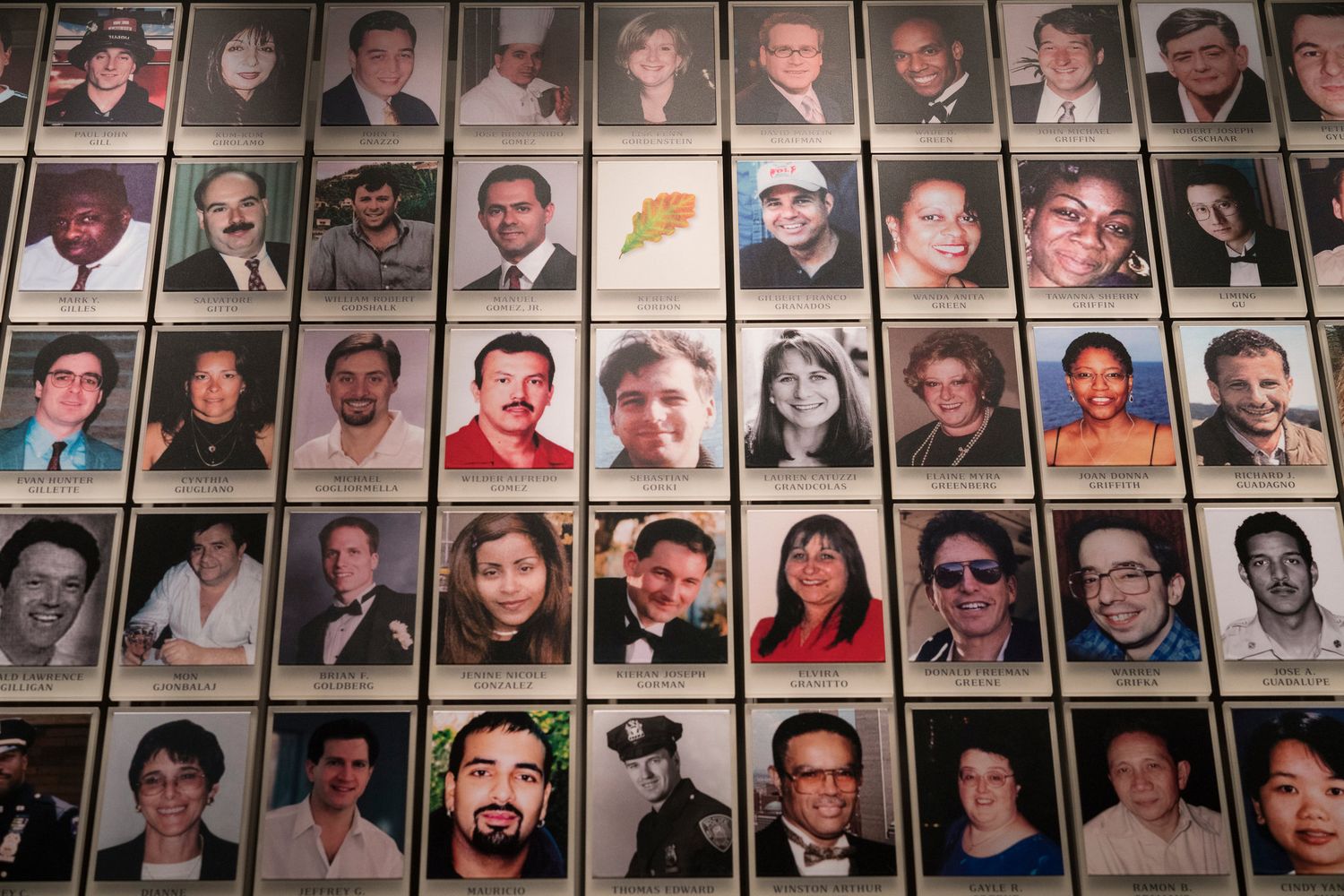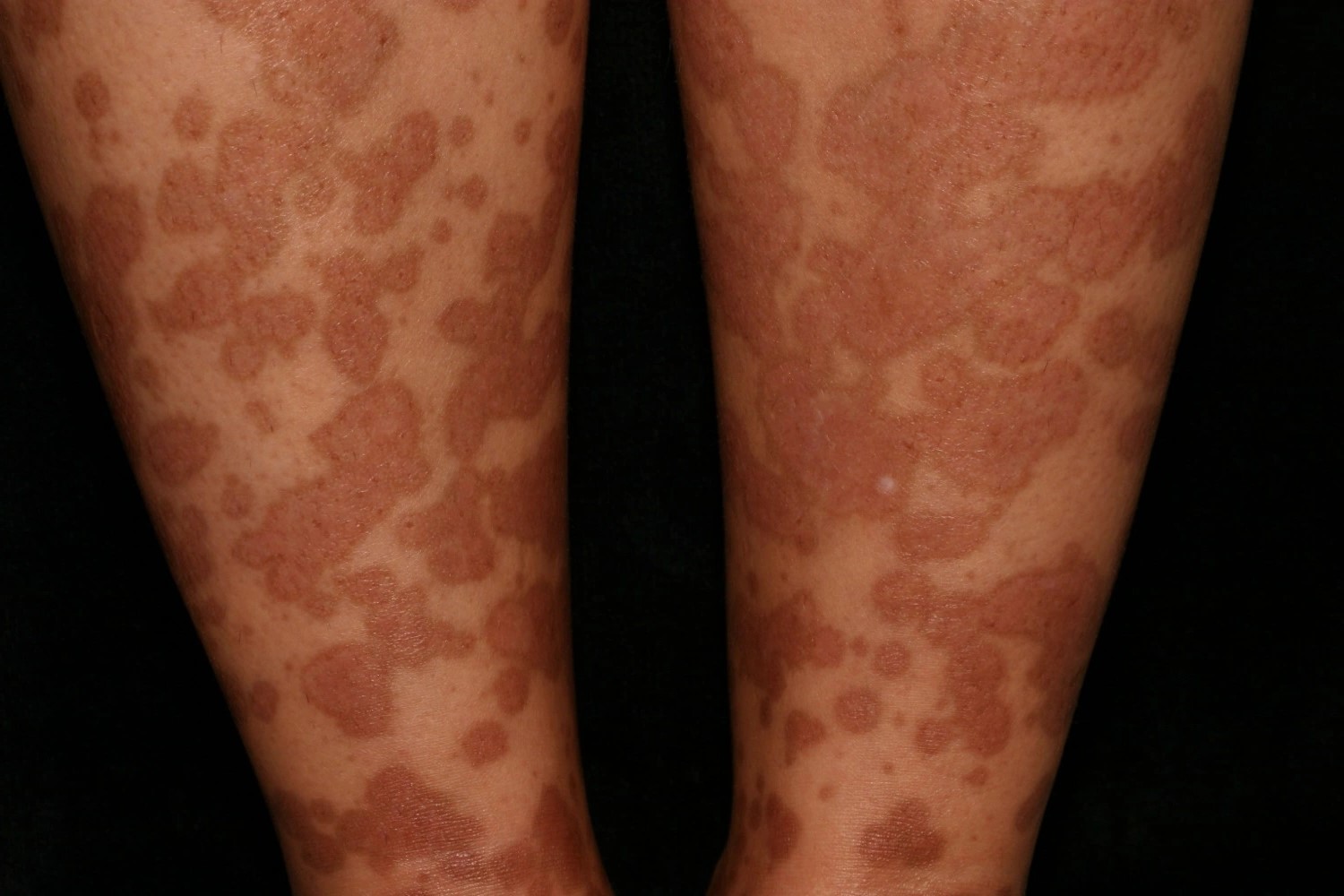
September 11, 2001, changed the world forever. On that tragic day, nearly 3,000 lives were lost in the terrorist attacks on the World Trade Center, the Pentagon, and United Flight 93. Who were these 9/11 victims? They were ordinary people with extraordinary stories. From firefighters who rushed into burning buildings to office workers starting their day, each person had a unique life and legacy. Understanding their stories helps us remember the human cost of that day. This article delves into 34 facts about the victims, shedding light on their lives, their bravery, and the impact they left behind. Let's honor their memory by learning more about them.
Key Takeaways:
- The tragic events of 9/11 claimed nearly 3,000 lives, including brave first responders and innocent civilians, leaving a lasting impact on families and communities worldwide.
- The resilience and unity shown in the aftermath of 9/11, along with the incredible stories of survival and heroism, continue to inspire hope and honor the memory of the victims.
The Day That Changed America
September 11, 2001, is a date forever etched in history. The tragic events of that day claimed thousands of lives and left an indelible mark on the world. Here are some poignant facts about the victims of 9/11.
-
Nearly 3,000 people died in the attacks on September 11, 2001. This includes passengers on the planes, workers in the World Trade Center and Pentagon, and first responders.
-
343 firefighters from the New York City Fire Department (FDNY) lost their lives while trying to save others. Their bravery is remembered every year.
-
23 NYPD officers were killed during the rescue efforts. They rushed into the buildings to help evacuate people.
-
37 Port Authority police officers also perished. They were responsible for the safety of the World Trade Center complex.
-
The youngest victim was Christine Lee Hanson, just 2 years old. She was on United Airlines Flight 175 with her parents.
-
The oldest victim was Robert Norton, 82 years old. He was on American Airlines Flight 11 with his wife Jacqueline.
The Heroes of Flight 93
United Airlines Flight 93 was the fourth plane hijacked on 9/11. The passengers and crew fought back against the hijackers, preventing the plane from reaching its intended target.
-
40 passengers and crew members died on Flight 93. Their actions likely saved countless lives.
-
Todd Beamer is remembered for his heroic words, "Let's roll," as he and others attempted to retake the plane.
-
The intended target of Flight 93 was believed to be either the White House or the U.S. Capitol.
-
The plane crashed into a field in Shanksville, Pennsylvania, at 10:03 a.m.
The Impact on Families
The loss of life on 9/11 had a profound impact on the families of the victims. Many have shared their stories of grief and resilience.
-
Over 1,600 people lost a spouse on 9/11. The emotional toll on families was immense.
-
More than 3,000 children lost a parent in the attacks. Many of these children were very young at the time.
-
The Cantor Fitzgerald firm lost 658 employees, the most of any company. They occupied the top floors of the North Tower.
-
The Windows on the World restaurant lost 79 employees. The restaurant was located on the 106th and 107th floors of the North Tower.
The Global Reach of the Tragedy
The victims of 9/11 came from all over the world, highlighting the global impact of the tragedy.
-
Over 90 countries lost citizens in the attacks. This included people from the United Kingdom, India, and Canada.
-
372 foreign nationals were among the victims. They were in New York for work, travel, or to visit family.
-
The United Kingdom lost 67 citizens, the most of any foreign country.
-
India lost 41 citizens, making it the second-highest number of foreign nationals killed.
The Aftermath and Memorials
In the years following 9/11, numerous memorials and initiatives have been established to honor the victims and their families.
-
The 9/11 Memorial & Museum in New York City honors the victims and tells the story of that day. It opened on September 11, 2011.
-
The Tribute in Light is an annual art installation. Two beams of light are projected into the sky to represent the Twin Towers.
-
The Pentagon Memorial was dedicated on September 11, 2008. It honors the 184 victims who died at the Pentagon.
-
The Flight 93 National Memorial in Pennsylvania commemorates the passengers and crew of Flight 93. It includes a Wall of Names and a Tower of Voices.
The Long-Term Health Effects
The aftermath of 9/11 continues to affect the health of many first responders and survivors.
-
Over 2,000 first responders have died from illnesses related to 9/11. These include respiratory diseases and cancers.
-
The World Trade Center Health Program provides medical monitoring and treatment. It serves over 100,000 responders and survivors.
-
The James Zadroga 9/11 Health and Compensation Act was signed into law in 2011. It provides healthcare and compensation to those affected by 9/11-related illnesses.
The Legacy of Resilience
Despite the immense tragedy, the legacy of 9/11 is also one of resilience and unity.
-
The Survivor Tree is a symbol of hope. This Callery pear tree was found in the rubble and nursed back to health.
-
The annual 9/11 Day of Service encourages people to volunteer. It honors the victims by promoting community service.
-
The 9/11 Memorial Glade was dedicated in 2019. It honors those who have died from 9/11-related illnesses.
-
The FDNY Memorial Wall at the Fire Department headquarters lists the names of all firefighters who died on 9/11.
-
The National September 11 Memorial Trail is a 1,300-mile network of trails. It connects the three 9/11 memorial sites.
The Stories of Survival
Amid the tragedy, there were also incredible stories of survival and heroism.
-
John McLoughlin and Will Jimeno were two Port Authority officers rescued from the rubble. Their story was depicted in the film "World Trade Center."
-
Genelle Guzman-McMillan was the last person pulled alive from the debris. She was trapped for 27 hours.
-
Brian Clark was one of only a few survivors from above the impact zone in the South Tower. He helped save a colleague on his way down.
-
Stanley Praimnath survived by crawling through debris. He was on the 81st floor of the South Tower when the second plane hit.
Remembering the 9/11 Victims
Honoring the 9/11 victims means keeping their stories alive. Each person lost that day had a unique life, dreams, and loved ones. Their memories remind us of the importance of unity and resilience. The heroes of 9/11—first responders, ordinary citizens, and countless others—showed incredible bravery. Their actions continue to inspire us.
Learning about these facts helps us understand the magnitude of the tragedy and the strength of the human spirit. It's crucial to educate future generations about this event, ensuring the sacrifices made are never forgotten. By doing so, we pay tribute to those who lost their lives and those who fought to save others.
Let's take a moment to reflect on the impact of 9/11 and commit to fostering a world where such tragedies are prevented. The legacy of the victims and heroes will always be a part of our collective memory.
Frequently Asked Questions
Was this page helpful?
Our commitment to delivering trustworthy and engaging content is at the heart of what we do. Each fact on our site is contributed by real users like you, bringing a wealth of diverse insights and information. To ensure the highest standards of accuracy and reliability, our dedicated editors meticulously review each submission. This process guarantees that the facts we share are not only fascinating but also credible. Trust in our commitment to quality and authenticity as you explore and learn with us.


